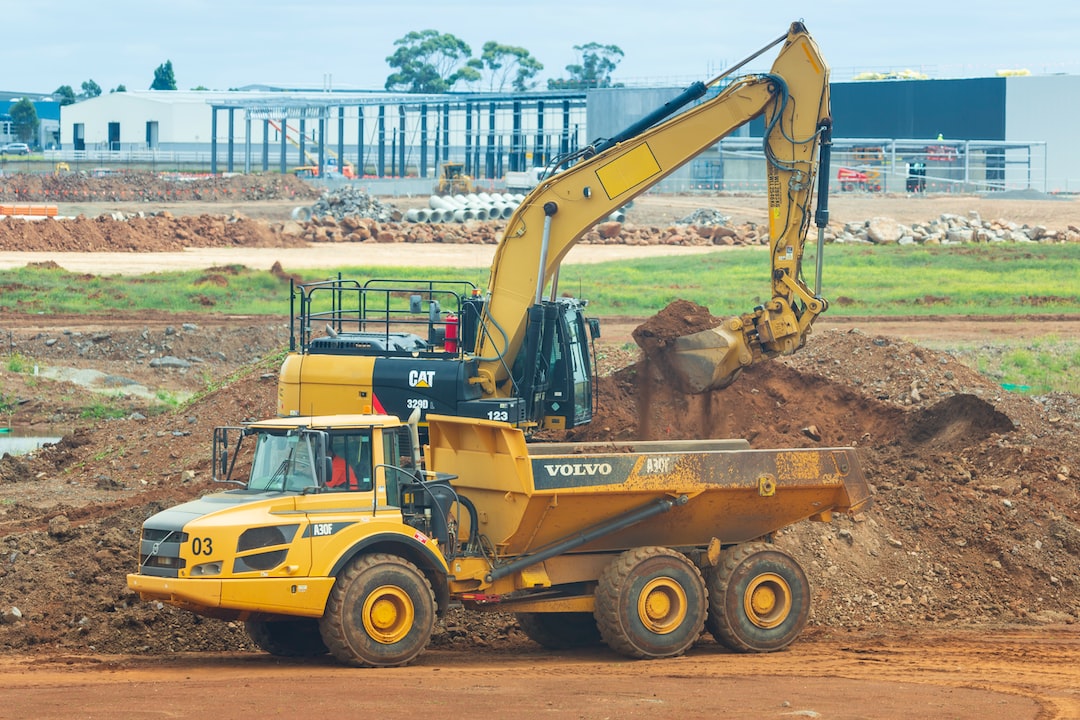How to Extend the Lifespan of Your Vehicle through Proper Maintenance
Owning a vehicle is a significant investment, and for most people, it is a necessary mode of transportation for their daily lives. As such, it is crucial to take care of your vehicle properly to ensure it serves you well for years to come. By following some essential maintenance tips, you can extend the lifespan of your vehicle significantly.
Regular Oil Changes
One of the simplest and most cost-effective ways to extend the lifespan of your vehicle is by getting regular oil changes. Oil lubricates the engine, reducing friction and preventing excessive wear and tear. Over time, oil can break down and become less effective, potentially leading to engine damage. By sticking to the recommended oil change schedule outlined in your vehicle’s owner’s manual, you can ensure that your engine stays well-lubricated, promoting its longevity.
Proper Tire Maintenance
Keeping your tires in good condition is not only crucial for your safety, but it also plays a significant role in extending the lifespan of your vehicle. Regularly check your tire pressure, as underinflated tires can lead to poor fuel efficiency and premature wear. Additionally, make sure the tires are properly aligned and rotated to ensure even wear and improved handling. By taking care of your tires, you are not only extending the lifespan of your vehicle but also increasing your overall driving experience.
Scheduled Maintenance
Following the manufacturer’s recommended maintenance schedule is vital for maximizing the lifespan of your vehicle. Regular inspections, tune-ups, and fluid checks are essential to detect any potential issues before they turn into more significant problems. By addressing these issues early on, you can prevent costly repairs and keep your vehicle running smoothly.
Brake System Checks
Having a properly functioning brake system is of utmost importance for your safety and the lifespan of your vehicle. If your brakes are squealing, grinding, or showing signs of reduced braking performance, it’s crucial to have them checked by a professional immediately. Neglecting brake system maintenance can lead to extensive damage, endangering not only you and your passengers but also the overall well-being of your vehicle.
Fluid Checks and Replacements
Fluids play a crucial role in keeping your vehicle’s various systems functioning correctly. Regularly checking and replacing vital fluids such as engine oil, coolant, transmission fluid, and brake fluid is essential for optimal performance and longevity. Neglecting these fluids can lead to overheating, increased friction, or even complete system failure. By following your vehicle’s maintenance schedule and checking fluid levels regularly, you can prevent these issues and significantly extend the lifespan of your vehicle.
Keep It Clean
Regularly washing and waxing your vehicle is not just a matter of aesthetics – it can also contribute to its longevity. Dirt, grime, and road salt can accumulate on your vehicle’s exterior, leading to rust and corrosion. By keeping your car clean, you can remove these harmful elements, protecting the exterior and preventing long-term damage.
Choose High-Quality Fuels and Lubricants
Using high-quality fuels and lubricants can play a crucial role in extending the lifespan of your vehicle. Top-tier fuels contain fewer impurities and additives that can harm your engine, promoting cleaner combustion and reducing the risk of engine deposits. Similarly, investing in high-quality motor oils and lubricants can protect vital engine components, reducing friction and wear.
Drive Responsibly
Finally, one of the most important factors in extending the lifespan of your vehicle is how you drive it. Aggressive driving, excessive speeding, and abrupt braking can put unnecessary strain on your vehicle’s engine and components, leading to premature wear and potential damage. By driving responsibly and practicing good driving habits, you can significantly prolong the life of your vehicle.
In conclusion, proper maintenance is the key to extending the lifespan of your vehicle. Regular oil changes, tire maintenance, following manufacturer’s maintenance schedule, checking and replacing fluids, keeping it clean, using high-quality fuels and lubricants, and driving responsibly are all crucial aspects of maintaining your vehicle’s health. By investing time and effort into proper maintenance, you can ensure that your vehicle serves you well for many years to come.
